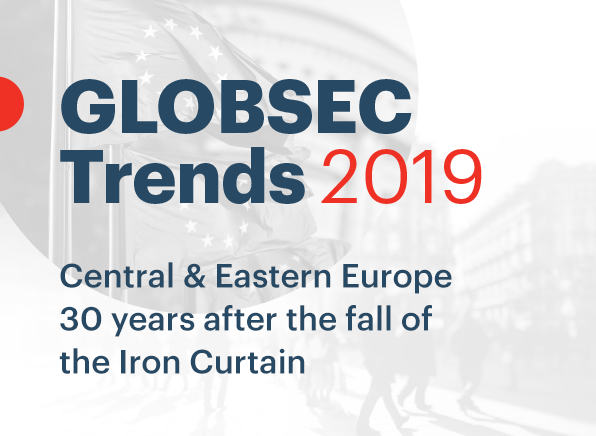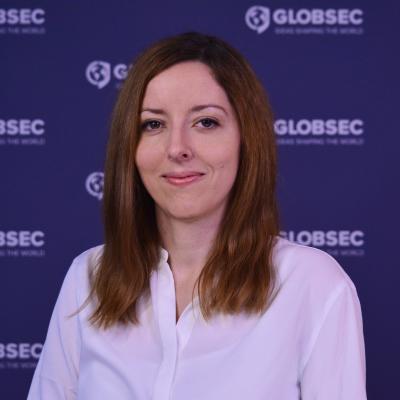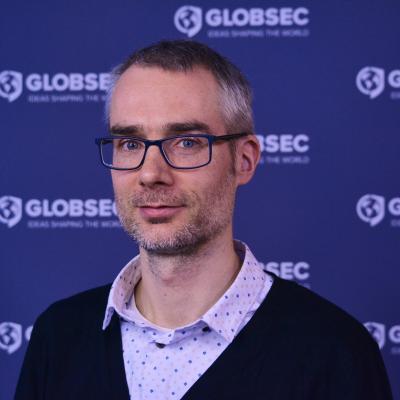GLOBSEC Trends 2019: Central and Eastern Europe 30 years after the fall of the Iron Curtain

2019 is all about anniversaries in Central and Eastern Europe. 30 years of democracy, 70 years of NATO, 15 years since joining the EU... While this year offers us no better opportunity to celebrate freedom, cooperation and peace, the frustrations have not avoided the region. On the contrary, the widespread fatigue with the political “establishment”, endemic corruption, and a desire for change are the issues resonating in the societies and often driving the voters’ decisions.
The nationalists and populists using the frustrations to question fundamental democratic values are often dominating the agenda. Harsh political rhetoric targeting the EU attempts to rein in independent media and NGOs, the concentration of economic and political power in the hands of few, all these are important warning signs of the democratic order under attack. Such trends do not go unnoticed by external forces such as Russia or China – taking advantage of polarised societies to weaken the EU and NATO from within is one of the most powerful techniques to destabilise their adversaries.
But is it really so effective? Do these narratives affect how people in the CEE see the EU or NATO? Whose values do the CEE citizens align with? Whom do they perceive as a threat to national security? Do anti-democratic narratives affect them at all?
In the latest GLOBSEC Trends 2019 report, we are bringing a unique insight into perceptions of more than 7,000 citizens from Austria, Bulgaria, Czechia, Hungary, Poland, Romania and Slovakia. These are our key findings:
- Support for the EU is increasing across the region despite rising Eurosceptic political forces in some countries. Yet, people often feel that the EU is ruled by a few big states and their representatives do not have a say on important issues.
- Despite the attacks of populists, the overwhelming majority in the CEE think that the work of media and NGOs are important for democracy.
- While NATO enjoys huge support among 7 in 10 Central and Eastern Europeans, who recognise its importance for their security, at the same time, 4 in 10 support the idea of setting up a European army as an alternative to NATO.
- Not everyone would like to see their country positioned in the West (only 35% on average). In the Visegrad Four, around half would prefer their country remain somewhere in-between East and West to get the “best of both worlds”.
- The identity of people in the CEE is rather linked to the European Union. A majority identifies with the values of the EU.


